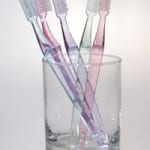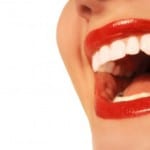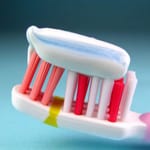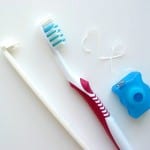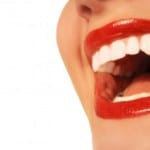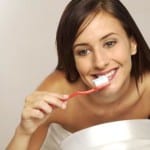 Dental hygiene is the foundation of good oral health and we are delighted to offer clients a range of hygiene services with our highly qualified dental hygienist. Dental hygiene is important for a number of reasons and we highly recommend regular hygiene sessions.
Dental hygiene is the foundation of good oral health and we are delighted to offer clients a range of hygiene services with our highly qualified dental hygienist. Dental hygiene is important for a number of reasons and we highly recommend regular hygiene sessions.
Why is oral hygiene so important?
Oral hygiene is important for both your oral and general health. Taking good care of your teeth and gums will not only help to keep decay and gum disease at bay, but it will also reduce your risk of several medical conditions. According to recent research studies, gum disease increases the risk of a host of health problems, including strokes, heart disease and diabetes.
Good oral hygiene helps to keep your mouth clean and free from harmful bacteria. Teeth cleaning and flossing also keep your teeth and gums looking glossy and healthy and ensure that your smile looks bright and attractive, which will increase your confidence and self-esteem.
Hygiene services are designed to boost oral health, but they also improve the look of your smile. Intensive cleaning can remove surface staining and give your smile a gorgeous, healthy glow.
Which services are available?
Dental hygienists work closely with dentists to treat and manage gum disease and provide oral health education and advice to ensure that people have the knowledge to take responsibility for their oral health.
Services available at City Dental in Leeds include scale and polish, oral health and lifestyle advice, bad breath treatment and gum disease management. Preventative dental treatments are also available.
We recommend combining a six monthly check-up with a hygiene session for the best oral health. Check-ups enable your dentist to identify and treat any problems as early as possible and a hygiene session will ensure that you leave the practice with beautiful, sparkling pearly whites, fresh breath and a clean bill of oral health.






